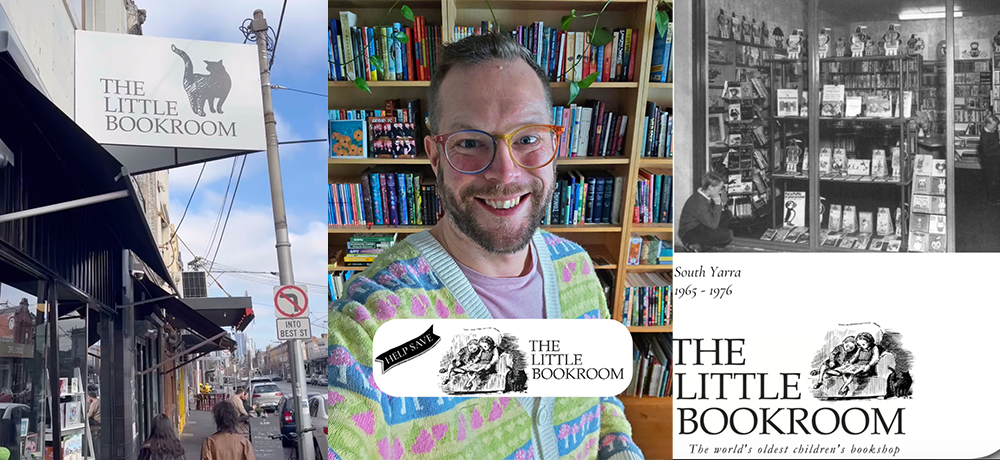
Push for religious civil unions in UK
By Andrew M. Potts
A coalition of high-ranking Christians and politicians is pushing for the UK’s civil partnership laws to be amended to enable religious denominations to marry same-sex couples and to use religious terminology in civil union ceremonies.
Under current laws, civil union ceremonies are banned from being held in places of worship, as is the use of religious terminology, despite three denominations in the UK — the Quakers, the Unitarians, and Liberal Jews — having asked to be allowed to do so.
Twenty leading British Christians, including current and former bishops and members of the House of Lords, signed a letter in The Times last week, calling for the removal of the ban.
“Straight couples have the choice between civil marriage and religious marriage,” the letter said.
“Gay couples are denied a similar choice. To deny people of faith the opportunity of registering the most important promise of their lives in their willing church or synagogue, according to its liturgy, is plainly discriminatory.”
A number of other Lords support the change. One of them, Baron Waheed Alli, an openly gay Muslim peer, is expected to move a House of Lords amendment aimed at ending the ban this week.
Alli has argued that as religious conservatives lobbied to be exempted from having to employ GLBT people in some circumstances to retain the freedom to practise their religion as they see fit, they should now allow religious liberals the same freedom.
However, the changes may come too late for Chris Bryant, the UK’s Minister for Europe, who will shortly wed his long-term partner Jarred Cranney in the Palace of Westminster in the first ceremony of its kind.
All MPs have the right to a wedding on the grounds of Parliament. However, the traditional venue used, its chapel, is currently out of bounds for the couple, even though Bryant is a former Anglican chaplain.
Several British politicians from both sides of politics have wed same-sex partners in civil partnerships, but all outside of Parliament.









